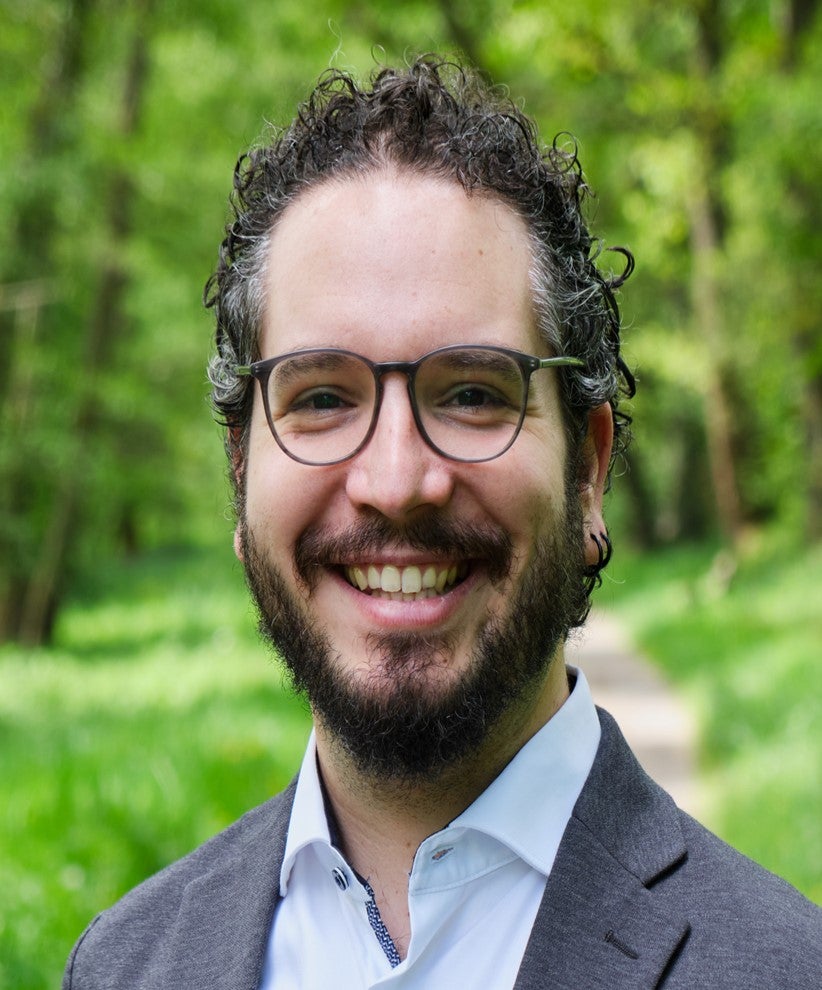You're invited to join the Department of Chemical Engineerig for a seminar by Dr. Abdon Pena-Francesch an Assistant Professor in Macromolecular Science and Engineering and Robitcs at University of Michigan in Ann Arbor, Michigan.
Abstract
Recent research efforts have focused on developing soft, flexible, compliant materials for robotics, biointerfacing, and biosensing applications. Because of their intrinsic softness, these materials are vulnerable to cut, puncture, and/or tear damage that compromise their physical integrity, limit their use in dynamic environments, and reduce their operational lifetime. In this talk, we will introduce cephalopod-inspired, self-assembled polypeptides that self-heal micro- and macro-scale mechanical damage via β-sheet physical cross-linking.
These synthetic proteins and their amino acid sequences are systematically optimized to improve their hydrogen-bonded nanostructures and network topology, with healing strength and kinetics surpassing those typically found in other natural and synthetic soft materials (~25 MPa strength after 1 second of healing). The fast and strong healing performance of these polypeptides opens new opportunities for bioinspired materials design, and provides a promising platform for self-healing and adaptive materials with applications in soft robotics and wearable technology.
Biographical Sketch
